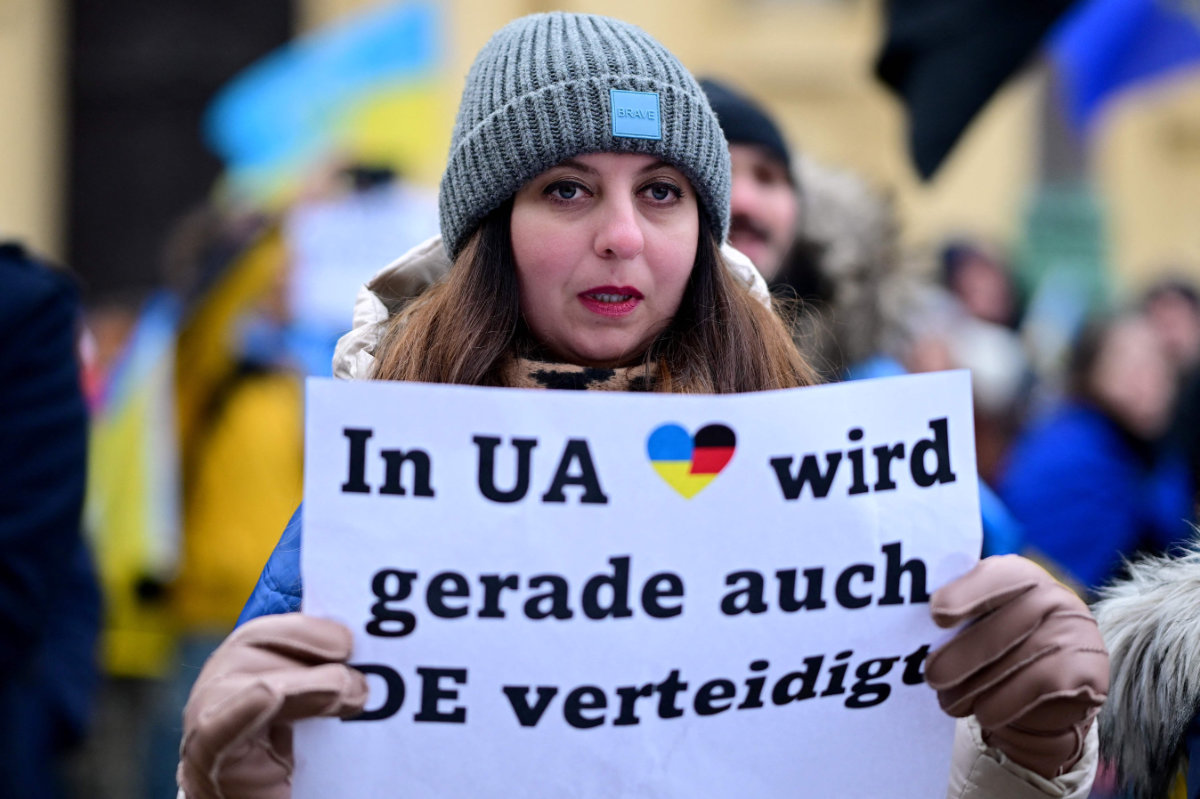ABOARD THE PAPAL FLIGHT: Pope Francis on Friday decried the deaths of Palestinian children in Israeli military strikes in Gaza, calling bombings of schools, on the “presumption” of striking Hamas militants, “ugly.”
On the flight back to Rome from Singapore, the pontiff expressed doubt that either Israel or Hamas, now at war for eleven months, were seeking to end the conflict.
“I am sorry to have to say this,” the pope said. “But I do not think that they are taking steps to make peace.”
Francis was speaking in a press conference with journalists after a demanding 12-day tour across Southeast Asia and Oceania. He said he speaks on the phone with members of a Catholic parish in Gaza “every day” and “they tell me ugly things, difficult things.”
“Please, when you see the bodies of killed children, when you see that, under the presumption that some guerrillas are there, a school is bombed, this is ugly,” the 87-year-old pontiff said. “It is ugly.”
The pope, who has supported calls for a ceasefire in the conflict and for the release of Israeli hostages held by Hamas, said “sometimes I think it’s a war that is too much, too much.”
The Israel-Hamas war was triggered by Hamas’ attack on Oct. 7, when the militant group killed some 1,200 people and took about 250 hostages, according to Israeli tallies. The resulting Israeli military campaign has reduced the Strip to rubble and killed more than 41,000 Palestinians, according to the enclave’s health ministry.
The United Nations said on Thursday that the war has left Gaza’s economy “in ruins.”
The pope spoke about a range of other issues during the 40-minute press conference. He criticized both former US President Donald Trump and Vice President Kamala Harris’ policies, and said US Catholics would have to “choose the lesser evil” when they vote in November, without elaborating.
’HAPPY’ WITH CHINA DEAL
Francis also said a Vatican deal with China over the appointment of Catholic bishops in the communist country was showing good results, indicating it will almost certainly be extended when it comes up for renewal this fall.
The pope said the results of the 2018 deal, in which China gets some input into selection of Catholic bishops, “are good.” “I am happy with the dialogue with China,” said the pontiff. “We are working with good will.”
Conservative Catholics have sharply criticized the agreement as handing over too much control to China. The Vatican says the accord resolves a decades-long split between an underground church swearing loyalty to the Vatican and the state-supervised Catholic Patriotic Association.
The deal has never been published, but only described by diplomatic officials. The Vatican says the pope retains final decision-making power in appointment of Chinese bishops.
PARIS, ARGENTINA, CLERGY ABUSE
The pope also firmly denied a French media report that he will go to Paris in December for the reopening of Notre-Dame cathedral. Francis said: “I will not go to Paris.”
A small French outlet had reported the pope would go for the cathedral’s planned Dec. 8 reopening ceremony, five years after a devastating fire. The pontiff also said on Friday he was still considering whether to travel this year to Argentina, his home country.
“I would like to go,” said Francis, who is the first pope from the Americas and before becoming pontiff served as the archbishop of Buenos Aires. “But it is not yet decided. There are some things to resolve first.”
The pope said that if he did go to Argentina, he would like to make a stop on the way from Rome in the Canary Islands, an autonomous Spanish territory off the coast of northwestern Africa. It has become an increasingly popular destination for migrants braving an Atlantic crossing to try to reach Europe.
Caring for migrants has been a key theme of Francis’ 11-year papacy. He made his first visit as pope to the Italian island of Lampedusa, also confronting an influx of migrants.
“There is situation there with migrants, who are coming by sea,” he said of the Canaries. “And I would like to be close to the government and people.”
Francis was also asked about Catholic clergy abuse, and the case of a French priest, known as Abbe Pierre, who was long celebrated for his work with homeless but was later revealed to have been accused of assaulting at least seven women. He died in 2007.
The organization Pierre founded, Emmaus, disclosed an additional 17 testimonies against the late priest on Sept. 6.
The pope said he did not know when the Vatican had first become aware of the allegations. “Certainly, after his death, surely,” said Francis. “But before (his death), I don’t know.”





























